
Shopping in Bali - Guide To The Best Malls & Places to Shop in Bali
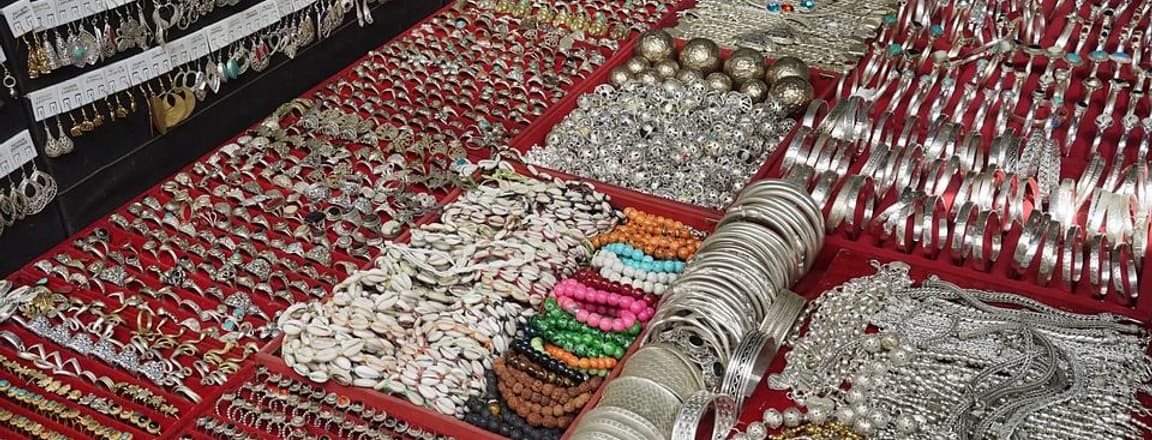
Bali has much more to offer than luxurious resorts and crystal beaches. The colourful markets located around Ubud, Kuta and Denpasar are the best places to shop in Bali that provide an essence of the Balinese culture with centuries-old handicrafts and the latest fashion discoveries. Be it authentic souvenirs, traditional textiles or unique pieces of art, Bali shopping malls offer a wide range of shopping options to suit all price ranges and tastes.
Key Takeaways
- Budget Planning: Expect to spend Rs. 1,760 to Rs. 4,400 ($20-50) per day on souvenirs and handicrafts, with luxury shopping requiring $100+ at premium malls.
- Best Shopping Areas: Ubud excels for traditional art and handicrafts, Kuta offers modern malls and beachwear, while Denpasar provides authentic local markets.
- Bargaining Culture: Negotiation is expected at traditional markets (aim for 30-50% off initial prices), but fixed pricing applies at modern shopping centres.
- Must-Buy Items: Authentic Balinese handicrafts, traditional textiles like batik and ikat, silver jewellery from Celuk Village, and premium Kopi Luwak coffee.
- Optimal Shopping Times: Visit traditional markets early morning (8-10 AM) or late afternoon (4-6 PM) to avoid heat and crowds.
Traditional Balinese Art Markets
Ubud Art Market (Pasar Seni Ubud)
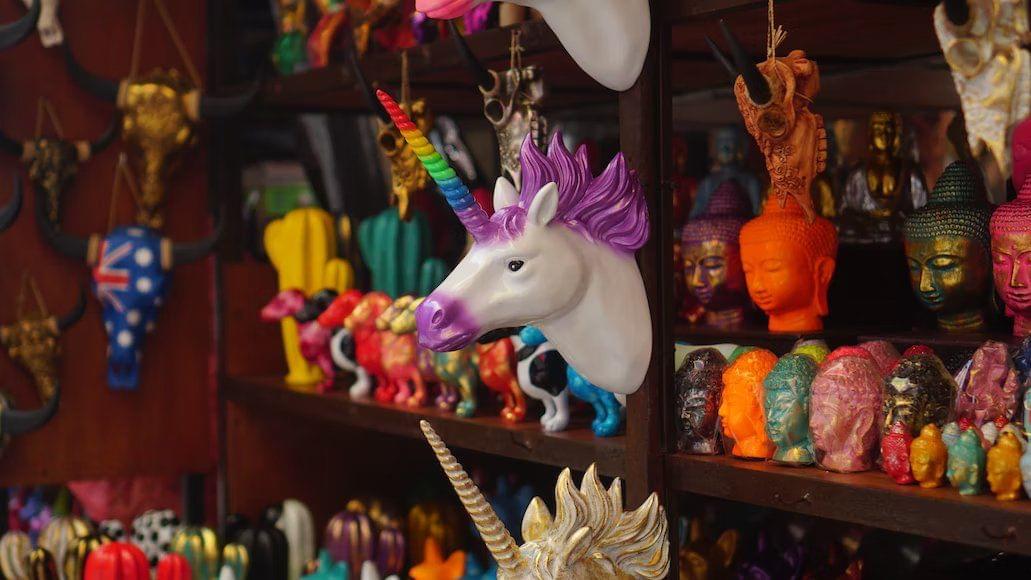
Ubud Art Market is the cultural epicentre of Bali and one of the best places to visit in Bali to find original Balinese handicrafts. This traditional market is open every day between 6:00 A.M. to 6:00 P.M. and features a wide variety of hand-woven textiles, carved wood and traditional paintings.
Specialties:
- Traditional ikat and handwoven sarongs.
- Balinese wood carvings and stone sculptures.
- Traditional paintings in the Kamasan and Ubud styles.
- Handmade bags, jewellery and decorative items.
Sukawati Art Market
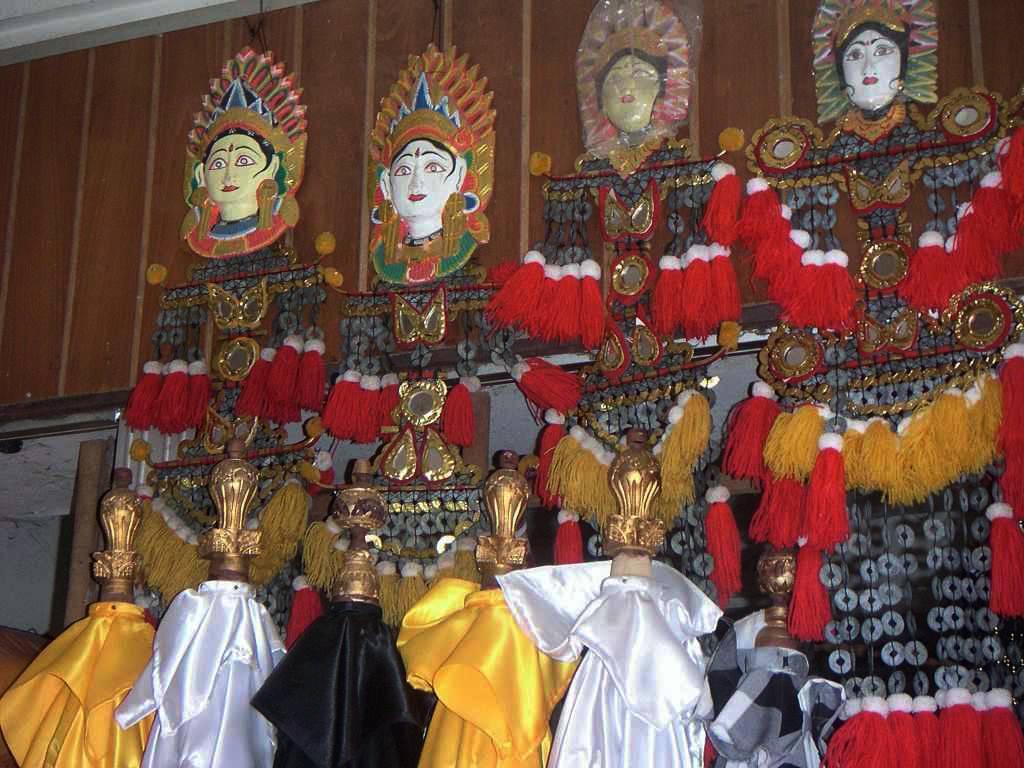
Sukawati Art Market specialises in traditional Balinese craft, and the market is open between 8:00 AM and 5:00 PM daily. This two-story market presents the best Bali souvenir shopping experience, where visitors can purchase real Kamasan-style paintings, hand-woven textiles and ceremonial items that can be used in Hindu-Balinese ceremonies.
Specialties:
- Kamasan traditional paintings depicting Hindu epics.
- Ceremonial umbrellas (tedung) and temple decorations.
- Traditional batik attire and accessories.
- Wooden hand-carved masks and sculptures.
Celuk Village Silver Market
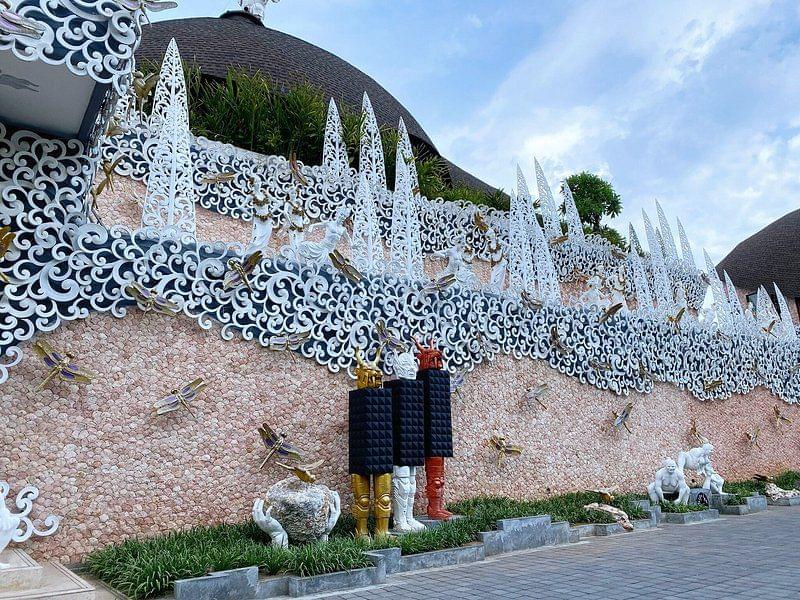
Famous as a place of silver crafts, Celuk village is a tourist shopping centre where people buy silver-worked jewellery.
Specialties:
- Sterling silver jewellery in traditional Balinese patterns.
- Personalised rings, necklaces and bracelets.
- Ornamental objects made of silver and ritualistic ones.
- Gold-plated jewellery with fine filigree work.
Modern Shopping Centres and Malls
Beachwalk Shopping Centre, Kuta
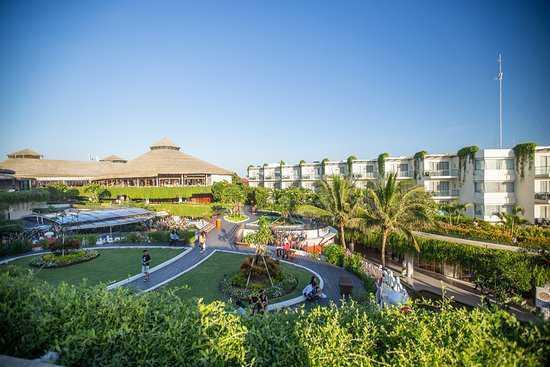
Beachwalk is a mix of resort architecture and shopping facilities all under one roof. This is a shopping centre that has international brands and some local boutiques, together with entertainment and restaurant services.
Specialties:
- International fashion brands.
- Local designer boutique and surfwear stores.
- Beauty and lifestyle stores.
- Supermarket for travel essentials.
- There are cultural events and performances regularly.
- Several dining solutions, such as casual and fine dining.
Discovery Shopping Mall, Kuta
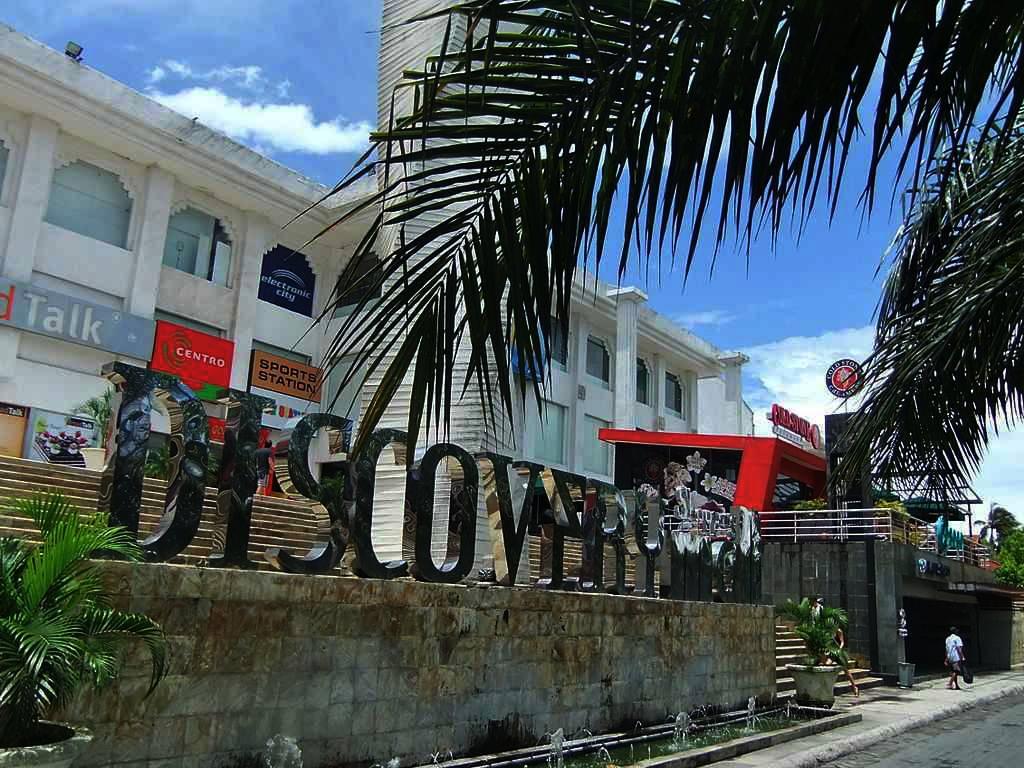
Discovery Shopping Mall is the largest and best shopping mall in Bali, boasting three levels and an exclusive beachfront amphitheatre.
Specialties:
- Luxury brands: TAG Heuer, Nautica.
- Surf and beachwear: Quiksilver, Billabong, Rip Curl.
- Fashion retailers: Polo, DC Shoes
- Electronics and department stores.
- Saturday Movies under the Moonlight at the beach amphitheatre.
Where To Buy Authentic Balinese Products?
Badung Market, Denpasar
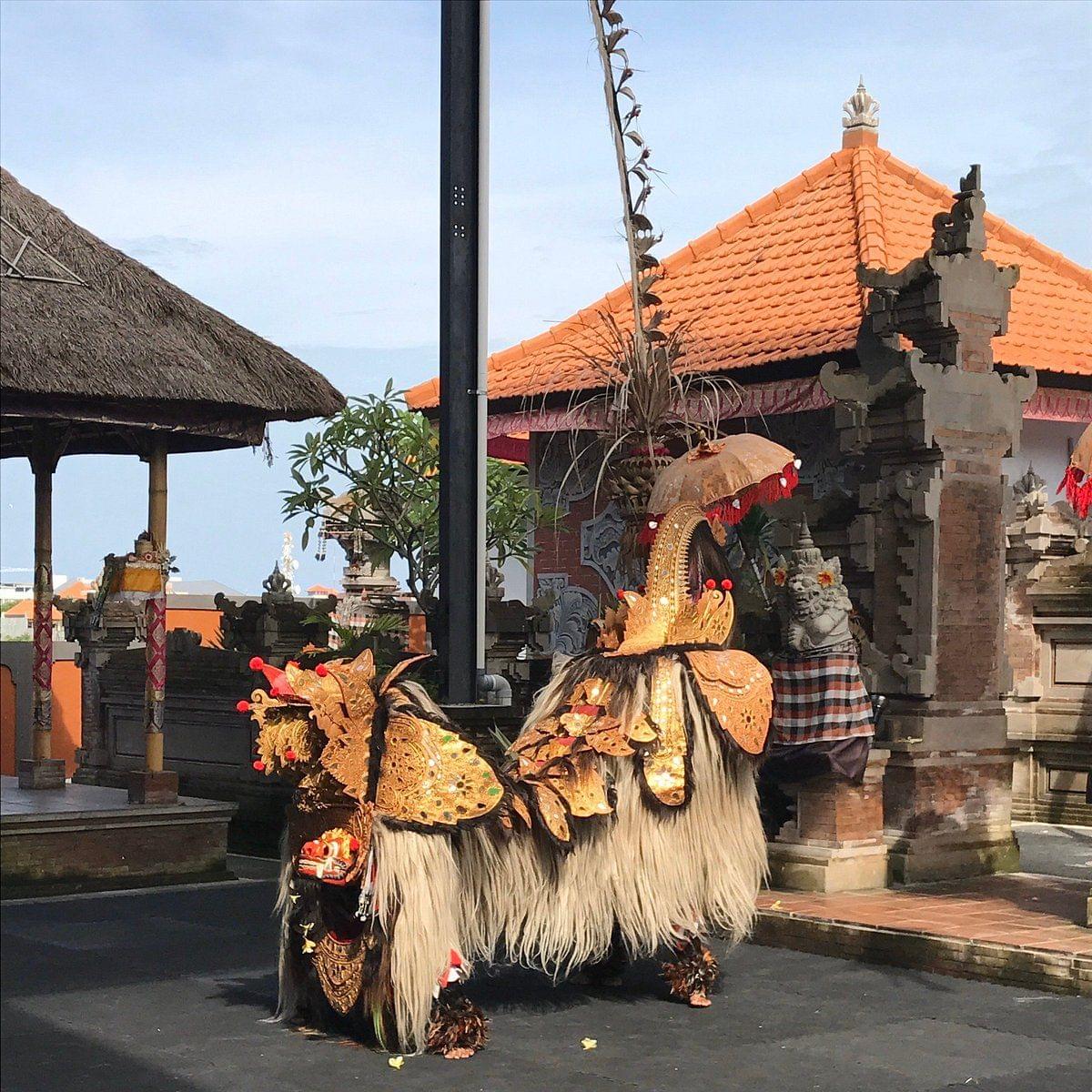
The market operates 24 hours every day and is the largest traditional market in Bali. This market is on the east side of the Badung River and provides the best local shopping experience.
Market Sections:
- Ground floor: Fresh store, spices and traditional ingredients.
- Upper storeys: Domestic items, traditional clothes and ceremonial items.
- Night section: Street food stalls and local delicacies.
Kereneng Night Market, Denpasar
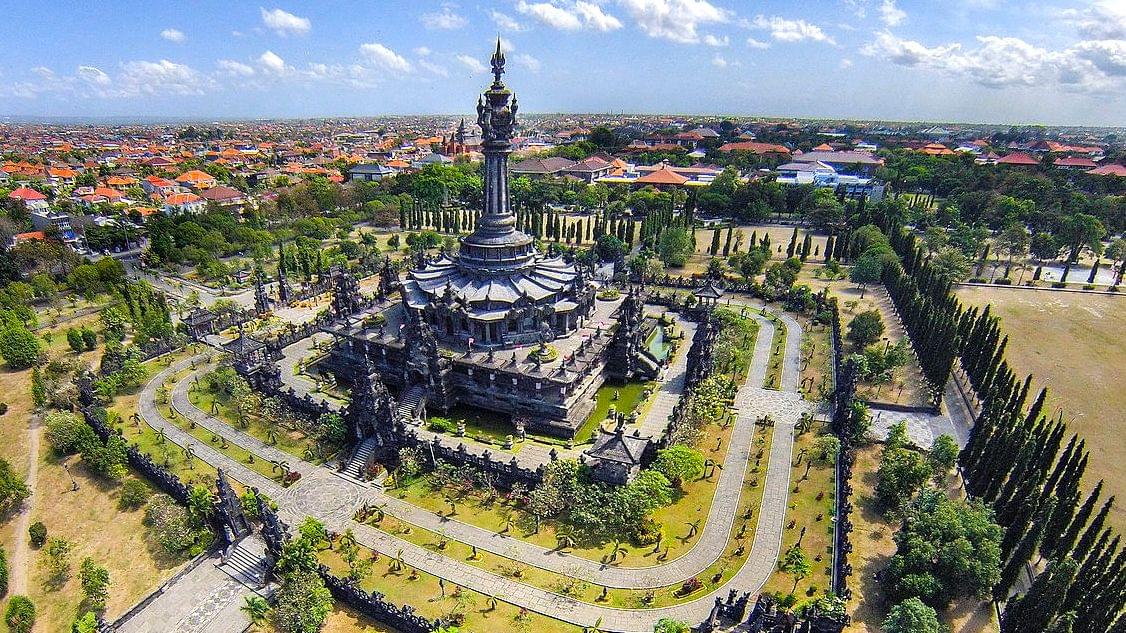
The three-storey market complex, having more than 800 different sellers who sell different items at different times of the day, turns into a new place at each new hour. Lower-level sellers offer fresh produce during the morning, and upper-level sellers specialise in clothes and household items.
Evening Transformation (6:00 PM - 11:00 PM):
- Authentic Balinese street food stalls.
- Classical Chinese-Indonesian cuisine.
- Sweets: lak lak, serabi and klepon.
Pasar Sindhu Night Market, Sanur
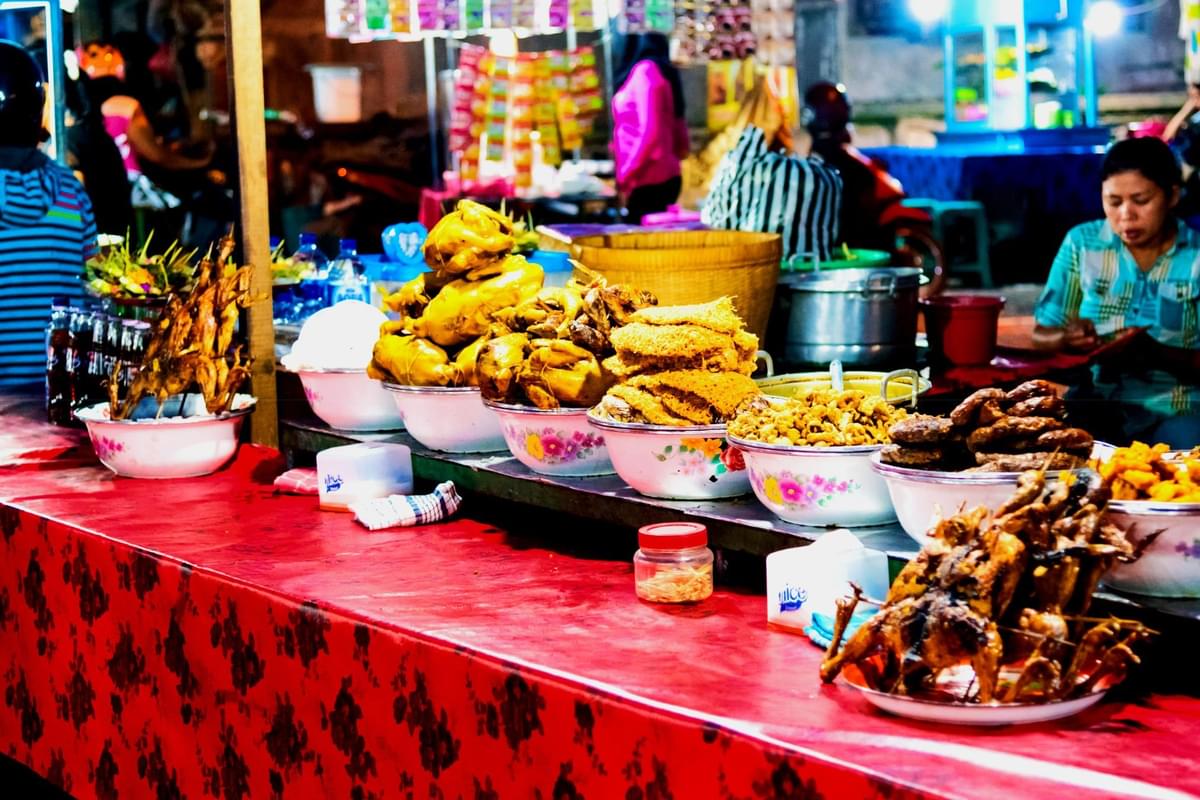
This night market is open every day between 5:00 PM to midnight and is a very good place to have a first taste of the Balinese culture of street food. It also presents the chance to buy the best traditional Indonesian textiles in Bali.
Specialties:
- Authentic batik cloth and handloomed fabrics.
- Fresh seafood like grilled prawns, fish fillets and squid.
- Indonesian street food: bakso, chicken satay, gado-gado
- Fresh fruit juices and old-fashioned delicacies.
Speciality Shopping Destinations
Krisna Bali Souvenir Shops
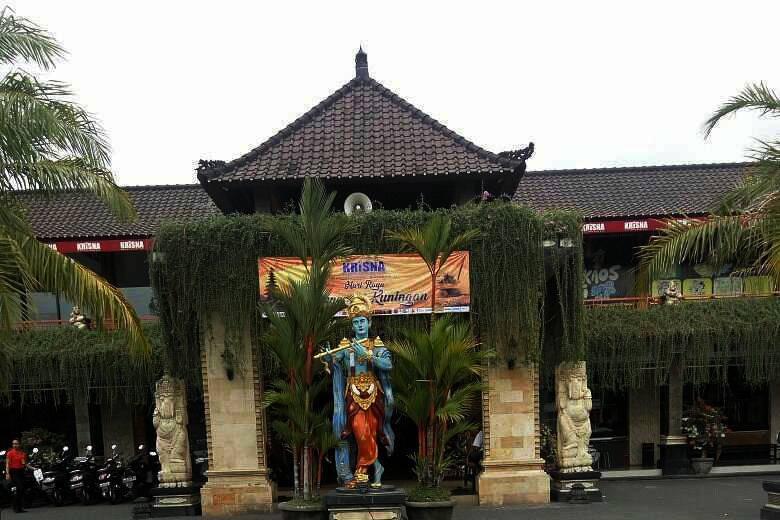
Krisna has several stores in Kuta, Denpasar and Singaraja, making it the most extensive chain of souvenir stores in Bali. Its operating hours are from 8:00 AM to 10:00 PM daily.
Specialties:
- Traditional Balinese accessories and jewellery.
- Crafted key chains and ornaments.
- Beach fabrics and sarongs.
- Local snacks and packaged goods.
Kintamani Coffee Farms
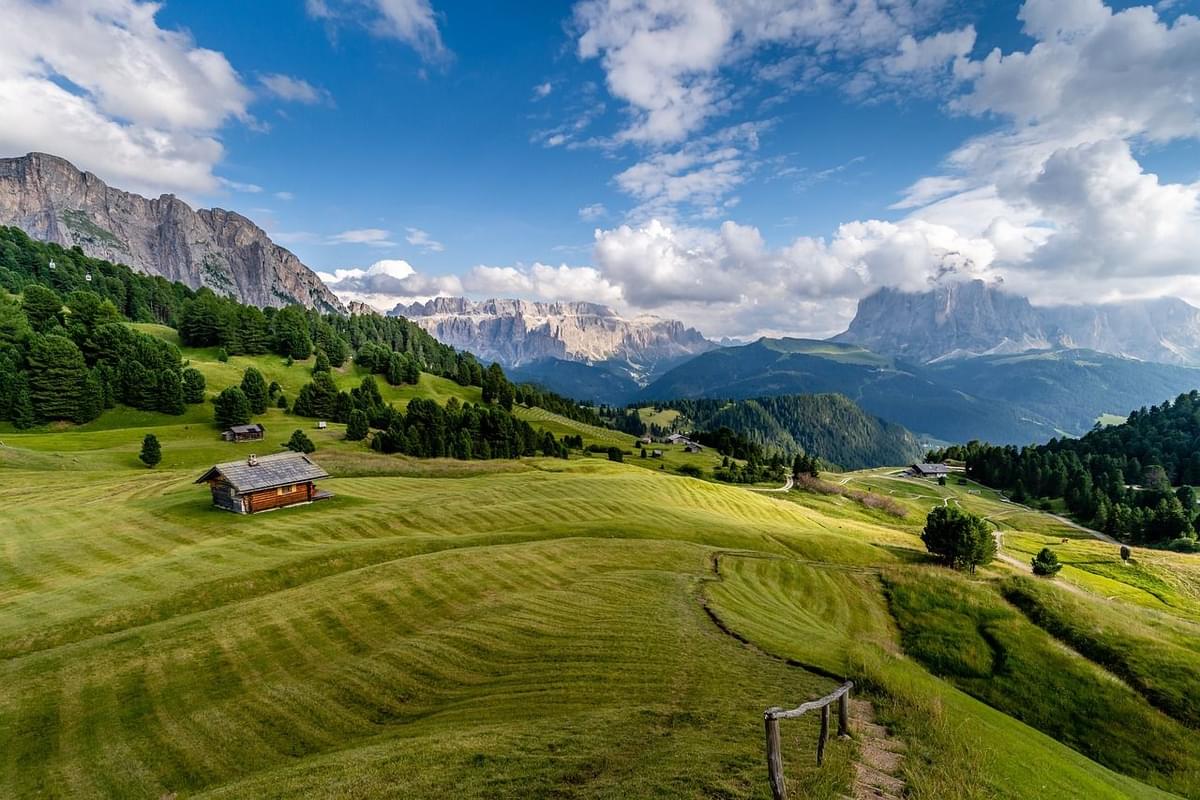
To the coffee lovers, the highlands of Kintamani provide a direct source of the renowned Kopi Luwak coffee of Bali. Several farms offer tours and shopping opportunities that are usually open between 8:00 AM and 5:00 PM.
Specialties:
- Premium Kopi Luwak (civet coffee)
- Traditional Balinese Robusta and Arabica blends
- Organic highland coffee beans
- Flavoured coffee products and accessories.
Practical Shopping Guide
Transportation to Major Shopping Areas
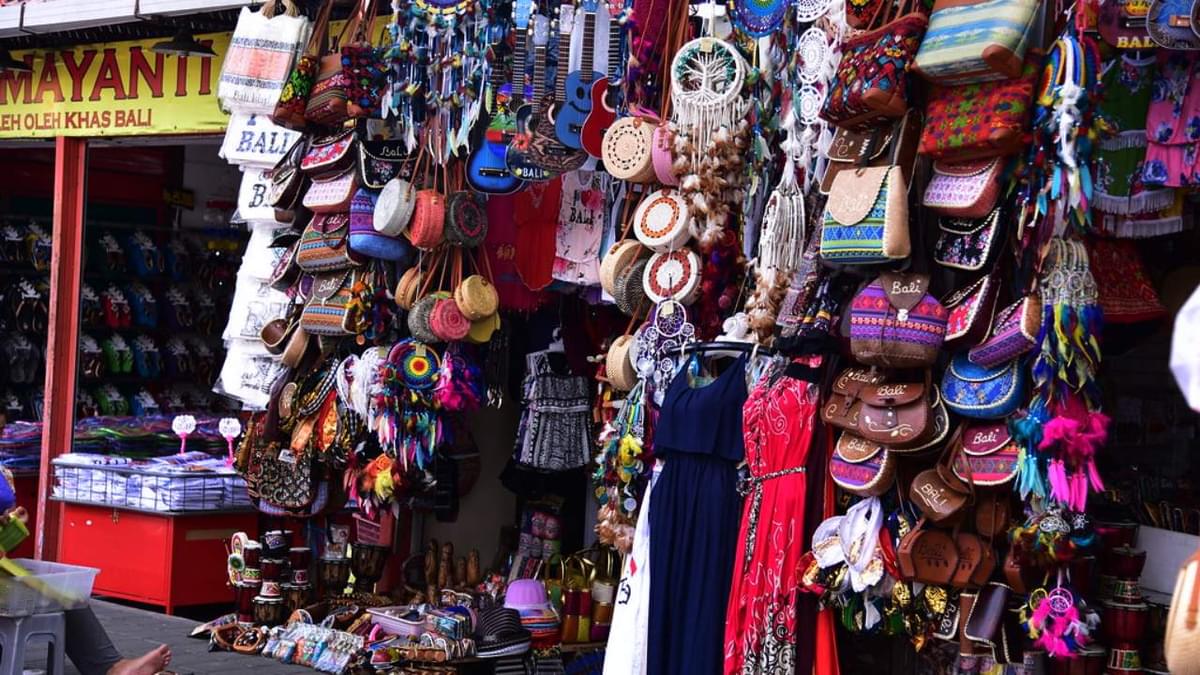
Ubud Shopping District:
- Private transportation is the best way to commute in Bali, with around a 1.5-hour drive to the southern beaches.
- Tourist shuttle services are available from major hotels.
- Motorbike rental offers flexible market hopping.
Kuta and Seminyak Shopping:
- Walking distance to most shopping centres.
- Local bemo are well-connected.
- Taxi and ride-sharing are readily available.
Denpasar Markets:
- Bemo terminals are connected to the major tourist zones.
- It is advised to employ a driver for a full-day market exploration.
- Local buses provide access to other markets.
Budget Planning and Cultural Etiquette
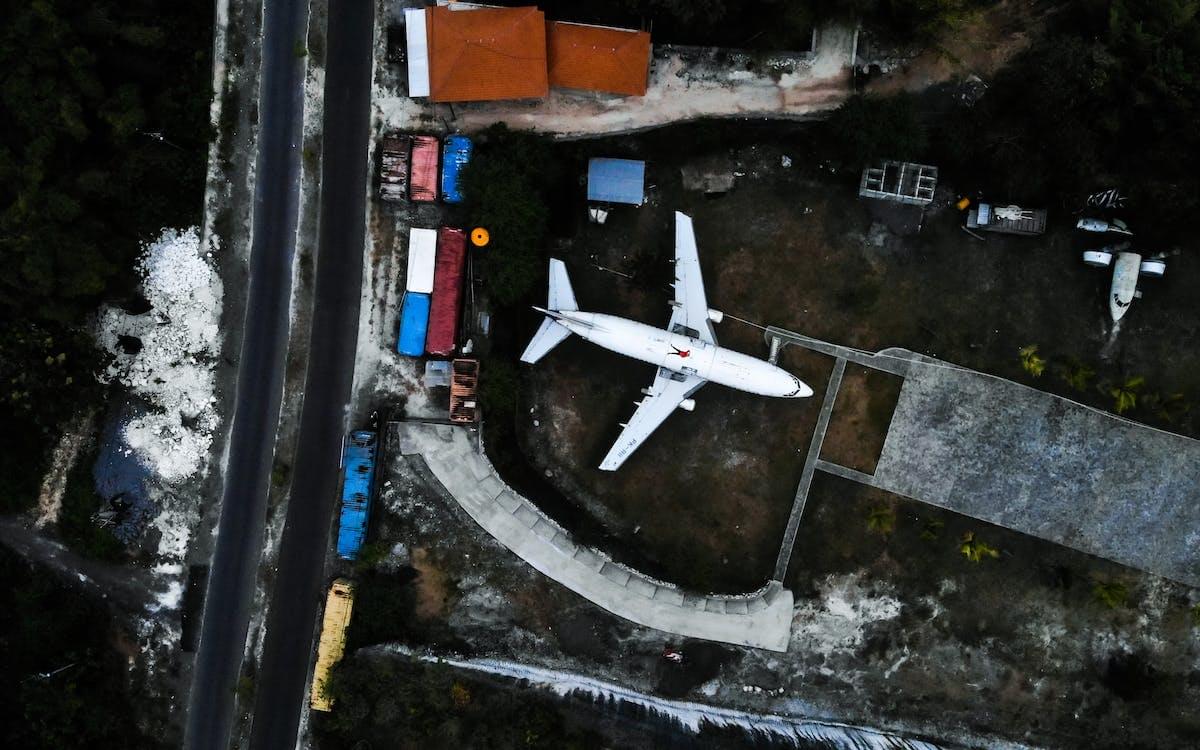
Traditional Markets:
- Handicrafts and souvenirs starting from Rs. 1,320 ($15 USD)
- Handicraft textiles ranging between Rs. 1,760 to Rs. 4,400 ($20-50 USD)
- Local food samples at around Rs. 440 to Rs. 900 ($5-10 USD) per person.
Modern Shopping Centres:
- International brands at Rs. 4,400 to Rs. 17,520 ($50-200 USD) per piece.
- Local designer items starting at Rs. 2,200 ($25 USD)
- Dining and entertainment at Rs. 1,320 to Rs. 3,520 ($15-40 USD).
Cultural Sensitivity:
- Dress conservatively when visiting the traditional markets.
- Ask permission before photographing artisans at work.
- Respect religious items and ceremonial objects.
- Buy from local makers whenever possible and help support local artisans.
Final Thoughts
Shopping in Bali markets provides a spectacular tour of Indonesian culture, artisans and food. Whether you travel to the traditional markets of Ubud to enjoy the artistic treasures or head over to the modern shopping malls of Kuta, the best places to shop in Bali offer you a different perspective on Balinese life. Consider trying our Bali Tour Package for exploring this beautiful island and engaging yourself with the handcrafted souvenirs, traditional textiles or contemporary fashion finds.
FAQ's
What's the best time to shop in Bali markets?
Early morning (8:00-10:00 AM) or late afternoon (4:00-6:00 PM) offer cooler weather and better vendor attention. Night markets are ideal after 6:00 PM when food stalls become active.
Is bargaining acceptable in Bali markets?
Yes, bargaining is expected in traditional markets and street stalls. Start at 40-50% of the quoted price and negotiate politely. Modern shopping centres typically have fixed pricing.
What should I budget for shopping in Bali?
Budget around Rs. 1,320 to Rs. 4,400 ($15-50USD) for traditional handicrafts and souvenirs, Rs. 4,400 to Rs. 17,520 ($50-200 USD) per piece for international brands and Rs. 440 to Rs. 900 ($5-10 USD) per person for local food samples.
How can I identify authentic Balinese products?
Look for items made locally, ask about the artisan's process and purchase directly from workshops when possible. Authentic pieces often show slight variations, indicating handmade quality rather than mass production.
Are Bali markets safe for tourists?
Yes, Bali markets are generally safe for tourists. Exercise standard precautions like keeping your valuables secure, staying aware of your surroundings and using reputable transportation. Popular tourist markets have regular security presence.
Update your location?



